Dorfam; Top Manufacturer of PET Preforms Products
Dorfam, as one of the leading manufacturers of various types of PET, pre-forms in different weights and openings, guarantees quality to its customers by relying on the knowledge and experience of its employees and superior technology. As a first step, you can avail the consultancy services of this company to order the product you need. Experience the best polymer packaging for your products with Dorfam.
What is a PET Preforms?
PET Preforms refers to the original shape, and usually all colorful bottles for soft drinks, beer, mineral and drinking water, juice, liquid oil, dairy products such as milk and buttermilk, health and personal care products, and many similar products are manufactured using an intermediate product in the packaging industry called PET preforms. PET preforms are used in packaging of various industries depending on the size (weight), opening diameter, thread type, degree (intrinsic viscosity) of their raw materials and production technology. In this part, we will familiarize with the various characteristics of these products and their application on Dorfam website.
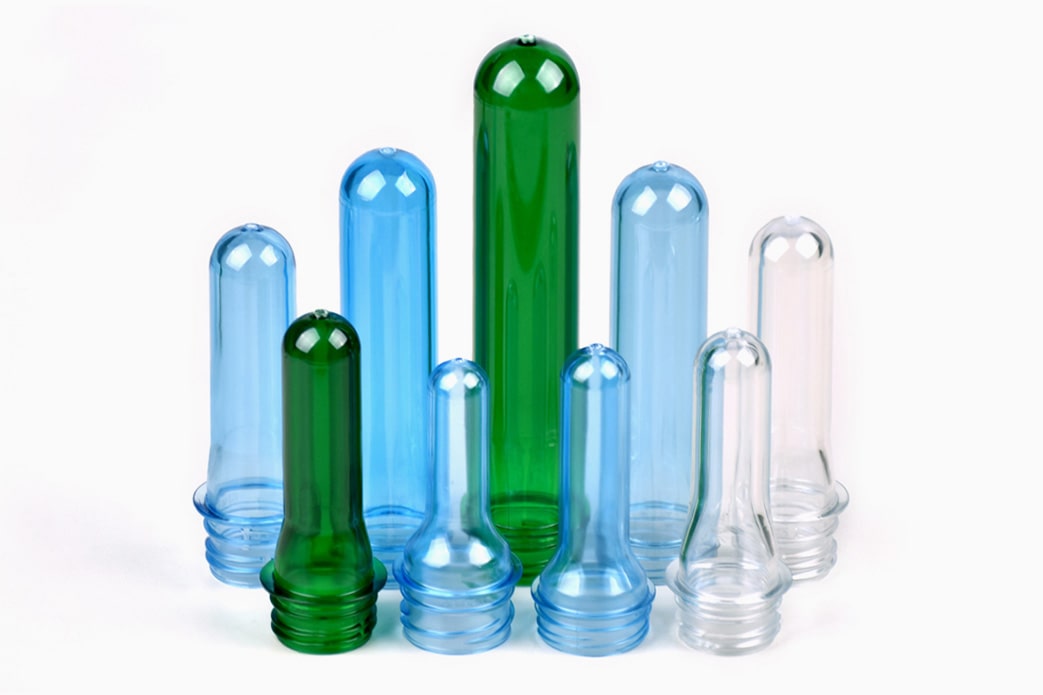
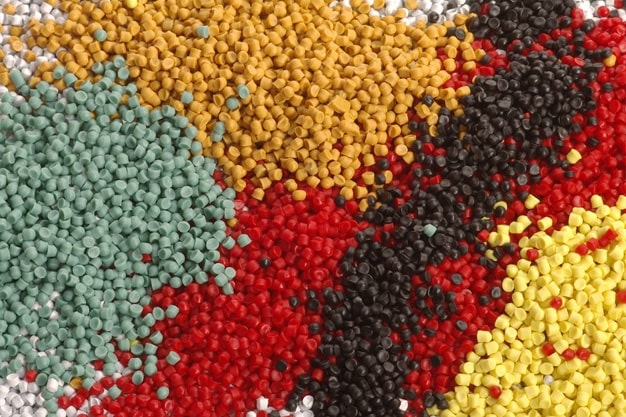
Familiarity With The Properties of PET Preforms Polymer
Various polymeric materials are used to manufacture different types of bottles with different uses in terms of packaging and product type, such as polyvinyl chloride (PVC), polyethylene (PE), polypropylene (PP), polycarbonate (PC), and polyethylene terephthalate (PET). One of the most sought-after of these materials for the manufacture of bottles and containers is PET, which has the following properties, among others: chemical resistance, optimal creep properties and good strength.
PET preforms are made from a type of polymer called polyethylene terephethalate. This polymer belongs to the polyester family. Polyesters have good mechanical, thermal and chemical properties for the packaging industry, and their dimensional stability has made them a desirable material for these industries.
Familiarity With the Use of Preforms and Types of Bottles That Are Produced From PET Preforms
PET Preforms are naturally colorless, flexible and semi-crystalline. In the production process, PET preforms can be produced in two forms: semi-hard and hard (crystallized), which is related to hot-fill products. PET Preforms are highly resistant to moisture, alcohol, chemical solvents and susceptibility. For this reason, they are used in many industries as packaging for various types of liquid food and beverages, solutions and chemical, pharmaceutical, health, detergents, pesticides and even industrial products, some of which we will mention:
- Bottles for soft drinks, carbonated drinks and beer.
- Bottles with all kinds of juices and non-carbonated drinks
- Bottles with all types of mineral water, drinking water, flavored and carbonated
- Bottles of liquid dairy products, including various types of milk and buttermilk
- Bottles and containers of all types of liquid edible and vegetable oils
- Bottles and containers for sauces, pickles, vinegar, lemon juice and jams
- Containers for cosmetics and personal care products
- Bottles and containers for sanitary liquids, disinfectants and detergents
- Bottles for various industrial and chemical liquids such as antifreeze, glass cleaner and distilled water
- Bottles and containers for a variety of poisons and pesticides
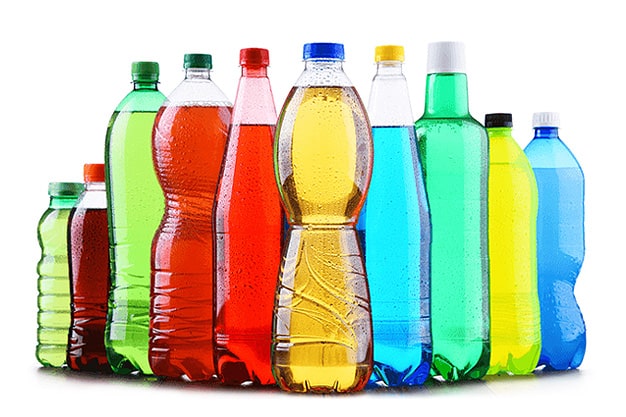
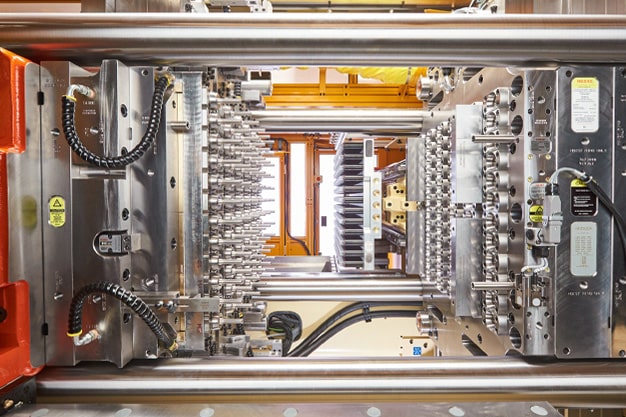
How Are PET Preforms Made?
PET Preforms are parts that resemble laboratory tubes. The difference is that they are made from polyethylene terephthalates and do not have the same fragility as laboratory tubes. In the manufacture of PET Preforms products, the type of mold, the color of the PET preforms, the weight of the PET preforms, and the diameter of the product opening determine the characteristics of the bottles and containers made from PET preforms products.
The process of manufacturing PET preforms can be summarized as follows: First, the raw materials or PET resin enter the silos of the dehumidification plant. At this stage, the inherent moisture is removed from the materials for about 6 hours at 140 to 170°C and they are transferred to the injection machine for further processing. During the injection process, the materials are melted by PET at a temperature of about 280 degrees Celsius and injected into the mold under pressure. At this stage, the PET preforms are cooled by the cooling system after molding to stabilize the physical shape and structure of the PET Preforms. At the end, the PET preforms produced by the robot are taken out of the mold and transported to the packaging department by the conveyor belt.
Advantages of Using PET Preforms in Product Packaging
Manufacturers of PET preforms products such as Dorfam have put the investment and production of these products on the agenda of the packaging industry due to the various advantages of these PET preforms in the production of bottles and containers for various products, the advantages of which include the following.
- High flexibility
- Low absorption of aromatic substances
- Reproducibility
- Reduction of packaging costs
- High product production speed
- Environmentally friendly

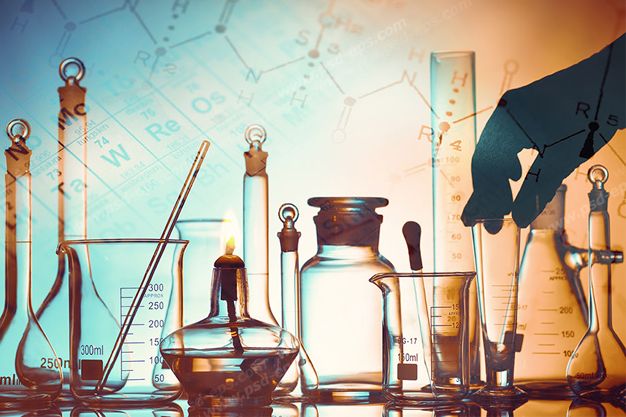
Some Structural Properties of PET with Laboratory Precision
Shrinkage: 0.2 to 3%
Arc resistance: 75 to 125 seconds
Flammability UL94: HB
Tensile strength at break: 40 to 70 MPa
Length at break: 30 to 70%
Density: 3.1 to 4.1 grams per cubic centimeter
Maximum operating temperature: 80 to 140 degrees Celsius
Minimum operating temperature: 40 degrees Celsius

